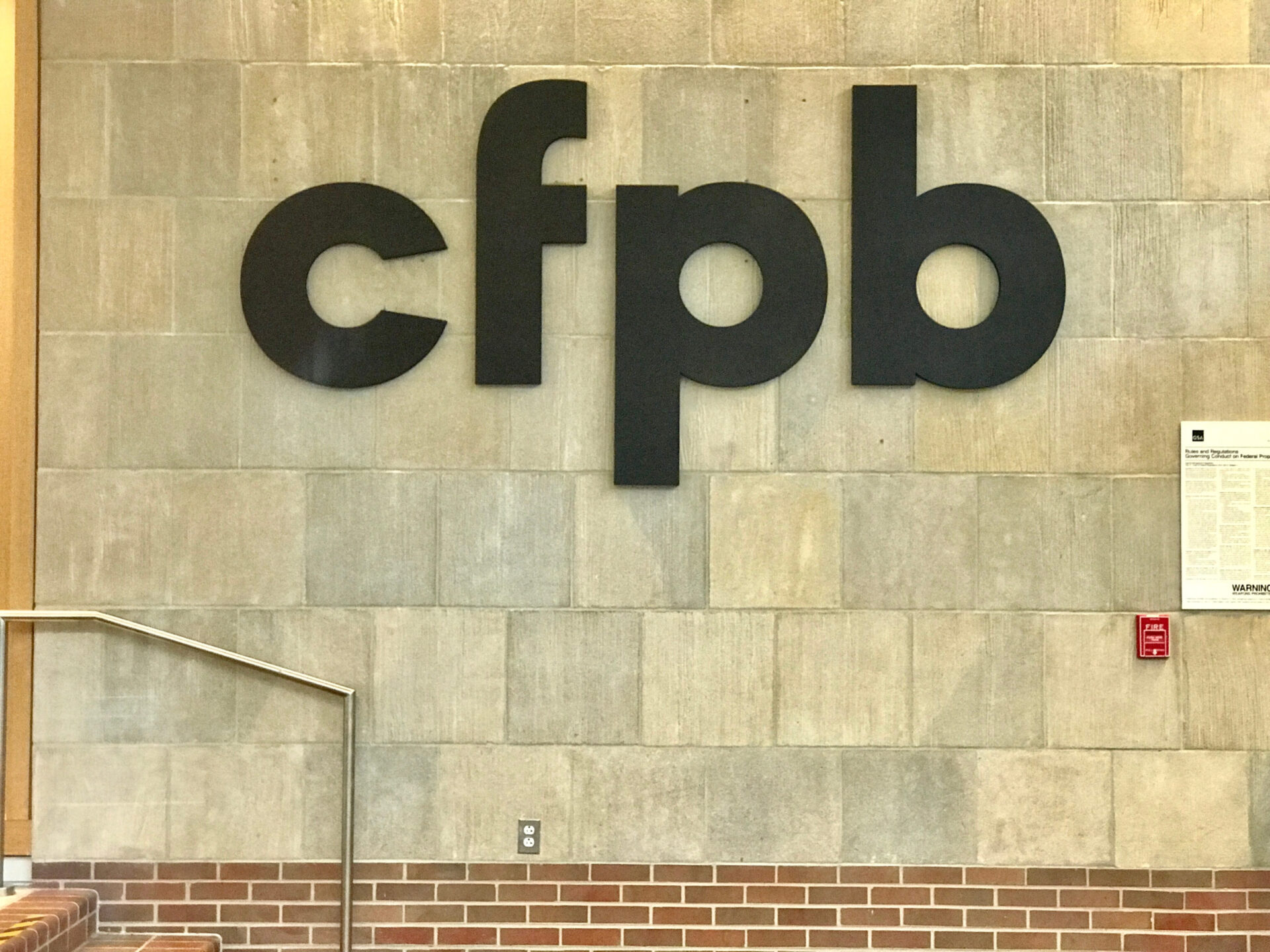The Consumer Financial Protection Bureau announced Monday that it is proposing replacing the debt-to-income ratio for qualified mortgages with a loan price-based approach.
The bureau said it is proposing the change because “a loan’s price, as measured by comparing a loan’s annual percentage rate to the average prime offer rate for a comparable transaction, is a strong indicator and more holistic and flexible measure of a consumer’s ability to repay than debt to income alone.”
The proposal is one of two issued by the CFPB to address what is known as the GSE Patch, which is schedule to expire in January 2021 or when the GSEs (Fannie Mae and Freddie Mac) exit conservatorship, whichever comes first.
CFPB explains the need for the proposed rule:
The Dodd-Frank Act amended the Truth in Lending Act (TILA) to establish ability-to-repay (ATR) requirements for most residential mortgage loans. TILA identifies factors a creditor must consider in making a reasonable and good faith assessment of a consumer’s ATR. TILA also defines a category of loans called qualified mortgages (QMs), which are presumed to comply with the ATR requirements. The Bureau completed an ATR/QM rule that established a general QM standard for loans where the consumer’s debt-to-income (DTI) ratio is 43 percent or less and the loan meets the other statutory QM requirements.
The ATR/QM rule also created the GSE Patch as a temporary QM definition that also provides QM status to certain mortgage loans eligible for purchase or guarantee by either of the GSEs (Temporary GSE QM loans). These Temporary GSE QM loans are eligible for QM status even if the DTI ratio exceeds 43 percent. Last year, the Bureau released an assessment of its ATR/QM Rule and found that Temporary GSE QM loans represent a large and persistent share of mortgage originations. As noted above, the GSE Patch is scheduled to expire soon, and absent regulatory action the Bureau estimates that approximately 957,000 mortgage loans would be affected by the expiration of the GSE Patch. The Bureau estimates that, after the Patch expires, many of these loans would either not be made or would be made but at a higher price.
“The GSE Patch’s expiration will facilitate a more transparent, level playing field that ultimately benefits consumers through promoting more vigorous competition in mortgage markets,” CFPB Director Kathleen L. Kraninger said. “The Bureau is proposing to replace the Patch with a price-based approach to QM loans to preserve consumer access to mortgage loans while also making sure consumers have the ability to repay them.”
The National Association of Realtors applauded the announcement.
“America’s Realtors applaud the CFPB’s action to provide a temporary QM patch extension, and commend the Bureau and Director Kraninger for acting on behalf of our nation’s consumers and homebuyers at a time when market stability is so critical,” NAR President Vince Malta said. “Perhaps most importantly, we appreciate the Bureau’s decision to eliminate a hard DTI standard, and we look forward to more closely examining the proposed replacements and their impact on homebuyers over the coming months.”
The Mortgage Bankers Association said it would review the proposal.
“As proposed, the regulatory changes would seek to ensure creditworthy borrowers have access to sustainable mortgage credit without disruption to the overall mortgage market,” MBA President and CEO Bob Broeksmit said. “MBA looks forward to reviewing and commenting on both rules, and we will continue to work with policymakers and all other stakeholders to ensure borrowers are both protected and have access to credit throughout the mortgage lending process.”
